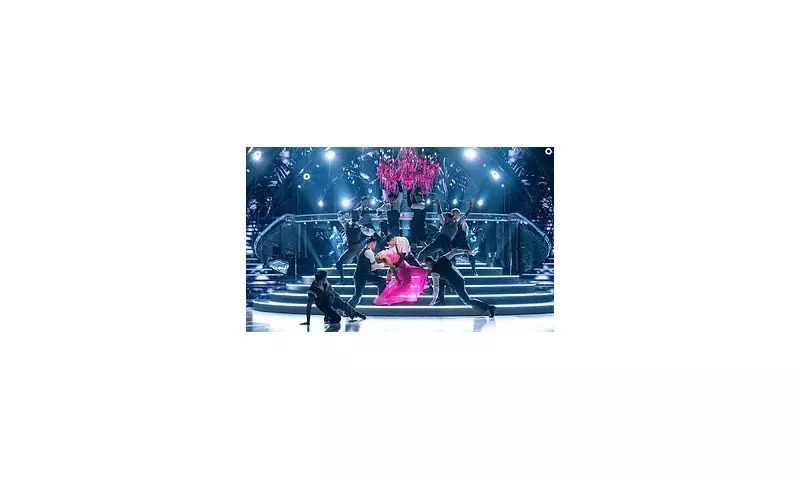
The BBC stands accused of showing 'utter contempt' for its core older audience after controversially axing telephone voting from its biggest entertainment shows.
In a move that has sparked fury among loyal viewers, the corporation has quietly scrapped the traditional phone-in option for programmes including Strictly Come Dancing, Eurovision, and Children in Need. The decision means fans must now vote exclusively online or via the BBC app.
Leaving Loyal Viewers Behind
Campaigners for the elderly have slammed the move as a blatant disregard for the BBC's most devoted demographic. Dennis Reed, director of Silver Voices, condemned the decision, stating it demonstrates 'contempt' for older viewers who have supported the corporation for decades.
'This is a real slap in the face for the older generation who made these programmes national institutions,' Reed told the Daily Mail. 'Many don't use smartphones or computers and are now being told their votes are no longer welcome.'
The Digital Divide Widens
The decision highlights the growing digital divide in broadcasting. While younger audiences seamlessly transition to online voting, a significant portion of the BBC's audience—particularly those over 75—risk being completely disenfranchised.
Critics argue that the move contradicts the BBC's public service remit to serve all audiences, regardless of their digital literacy or internet access. The timing is particularly sensitive as many pensioners continue to feel the financial strain of being forced to pay for their TV licences again after the over-75s benefit was scrapped.
A Pattern of Disregard?
This isn't the first time the BBC has been accused of sidelining older viewers. The decision follows other digital-first shifts that have left less tech-savvy audiences struggling to access content. The corporation maintains that online voting is more efficient and secure, but offers no alternative for those unable to participate digitally.
As Strictly Come Dancing returns to screens, the question remains: how many loyal fans will be silenced by this digital barrier? The BBC's commitment to being a broadcaster for all Britons is now facing its most public test yet.





